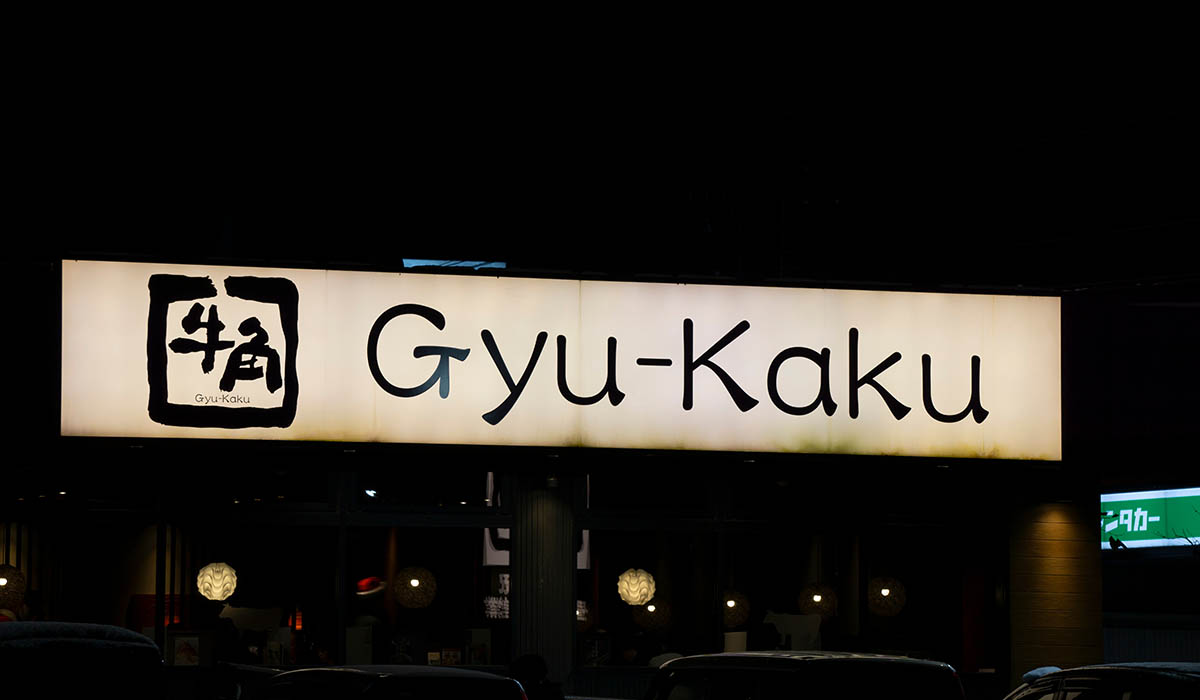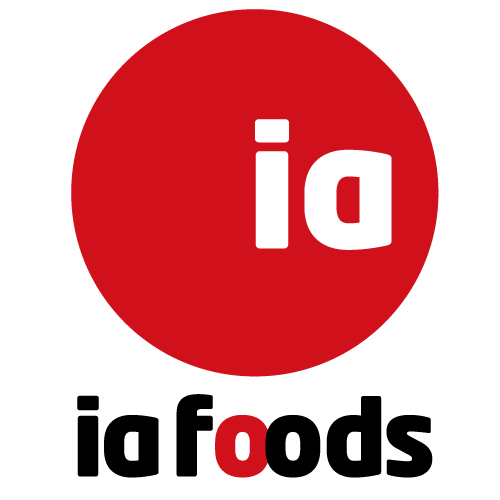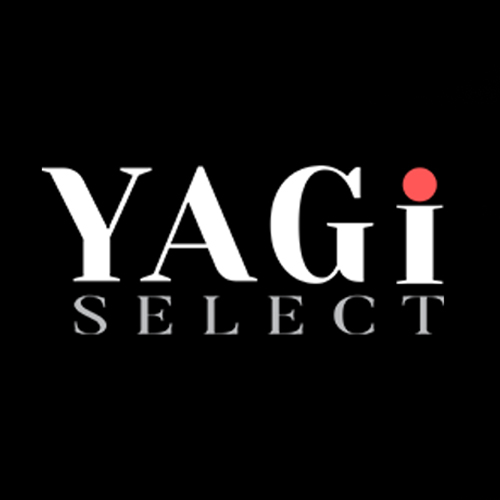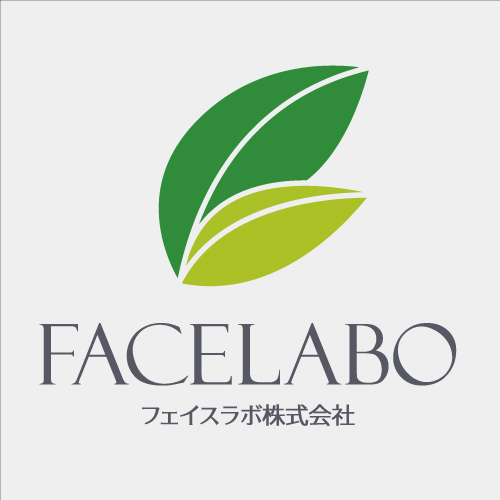April 28, 2023
Colowide, a Major Restaurant Operator, Will Increase its International Openings

Kana Design Image – stock.adobe.com
By the fiscal year ending March 2030, Colowide will increase the number of directly managed stores to 700, five times the number at the end of March 2023. Colowide will increase the number of Japanese restaurants in East Asia, especially its yakiniku restaurant "Gyu-Kaku," and expand into the Middle East and Africa. Some people anticipate that the restaurant market in Japan is expected to shrink. Colowide will seek growth opportunities overseas, where demand for food service is multiplying as economies resume after the pandemic.Colowide has approximately 2,700 restaurants (including franchise chains) in Japan and overseas as of the end of September 2022; planning to open more in about ten countries and regions, mainly in East Asia, including Hong Kong and North America. In addition to East Asia and other areas, it will expand into the United Arab Emirates and Egypt. The yakiniku restaurant to be opened will be positioned as a high-end business, and visitors will cook their meat, similar to "Gyu-Kaku" in Japan. It sees this as an easy way to reduce staff labor and improve store operating efficiency.
The company plans to open 60% of them as yakiniku restaurants. Still, it will also open set meal restaurants, "Ootoya," shabu-shabu restaurants, conveyor-belt sushi restaurants, and other types of restaurants depending on the areas. Store operations will be considered for each region, either directly managed or franchised as the mainstay. The company will consider establishing joint ventures with overseas companies familiar with the local restaurant industry to increase the speed of store openings.
Food purchasing and cooking will also increase efficiency. In addition to changing some of the food ingredients purchased by region to bulk purchasing, a central kitchen will be set up in Thailand and other countries to establish a system to send the ingredients to overseas restaurants. For regions that must comply with halal Islamic precepts, beef is purchased in Australia, where there are many halal-certified meat processing factories and ranches, and sent to various regions.
With the resumption of the economy after the COVID-19 pandemic, demand for food service abroad is recovering. The Japanese food boom is also providing a tailwind, with some Japanese restaurants opening and exporting Japanese foodstuffs on the rise. Meanwhile, the domestic restaurant market is on a narrowing trend. According to the Japan Foodservice Association (Minato-ku, Tokyo), the pre-COVID-19 pandemic figure was 26 trillion 268.7 billion yen in 2019 (estimate), down about 10% from its peak in 1997.








